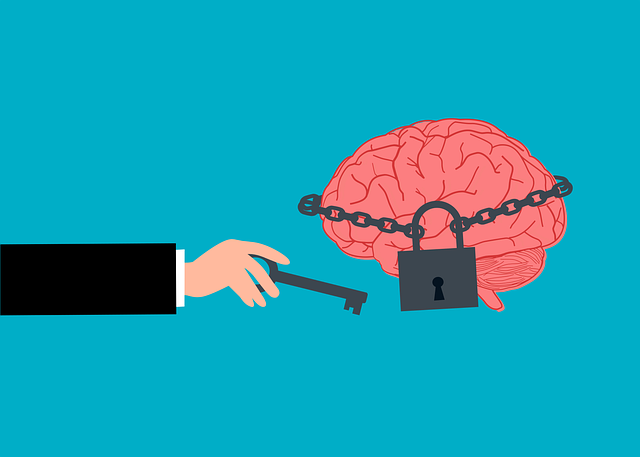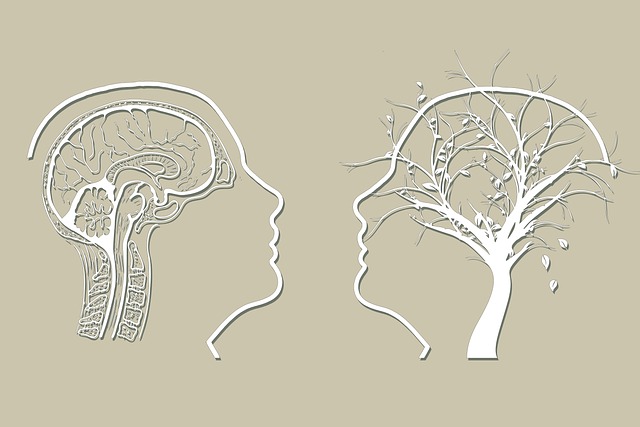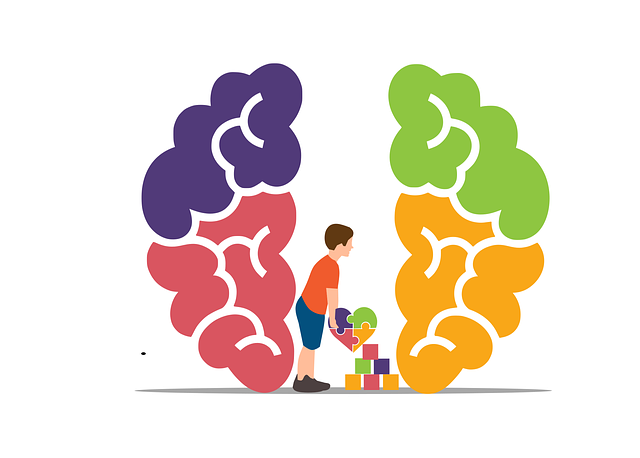TL;DR:
Adult survivors of sexual abuse can heal and recover through effective stress management strategies, including professional therapy tailored to their needs. Personalized therapy sessions combined with healthy communication techniques help process emotions, recall traumatic memories, and develop coping mechanisms. Supportive networks, mental health education, and self-care practices like journaling enhance well-being and resilience, empowering survivors to reclaim their lives. #TherapyForAdultsSexualAbuseSurvivor
Stress reduction is a vital component in the healing process for adults surviving sexual abuse. This comprehensive guide explores effective therapeutic approaches and empowering self-care strategies tailored for their unique needs. By understanding the profound impact of trauma on mental health, we can offer targeted support to foster resilience and long-term well-being for survivors navigating the challenges of sexual abuse. Discover practical tools to promote healing and enhance quality of life through evidence-based practices specifically designed for this population.
- Understanding Stress and Its Impact on Survivors of Sexual Abuse
- Therapeutic Approaches to Reduce Stress for Adult Survivors
- Self-Care Strategies: Empowering Tools for Long-Term Well-being
Understanding Stress and Its Impact on Survivors of Sexual Abuse

Stress is a common reaction to traumatic events, and for survivors of sexual abuse, it can be particularly intense. Understanding and managing stress are essential components of healing and recovery. The impact of trauma can lead to various mental health concerns, including anxiety, depression, and post-traumatic stress disorder (PTSD). These conditions often require professional help, such as therapy for adults who have experienced sexual abuse.
Effective coping strategies involve a combination of therapy sessions tailored to address specific needs, along with the development of healthy communication strategies. Trauma support services play a vital role in reducing the stigma associated with mental illness among survivors. By fostering open dialogue and providing safe spaces, these services encourage individuals to seek help without fear of judgment, promoting their overall well-being and resilience.
Therapeutic Approaches to Reduce Stress for Adult Survivors

For adult survivors of sexual abuse, finding effective ways to manage and reduce stress is an essential aspect of their healing journey. Therapeutic approaches play a pivotal role in providing tools and strategies to cope with the lasting impacts of trauma. Professional therapy sessions tailored for adults who have experienced sexual abuse can be life-changing. These therapeutic interventions offer safe spaces where survivors can process their emotions, recall traumatic memories, and develop healthy coping mechanisms.
One powerful approach is compassion cultivation, which encourages individuals to cultivate self-compassion and kindness towards themselves. This method helps survivors challenge negative self-talk and beliefs often associated with trauma. Additionally, integrating positive thinking techniques allows adults to reframe their perspectives, fostering a sense of optimism and resilience. Many trauma support services also emphasize the importance of creating supportive networks, which can provide ongoing encouragement and understanding during the healing process.
Self-Care Strategies: Empowering Tools for Long-Term Well-being

Self-care strategies are empowering tools for long-term well-being, especially for adults who have experienced sexual abuse. Therapy plays a crucial role in helping survivors process their trauma and develop healthy coping mechanisms. Mental health education programs designed specifically for this demographic can offer valuable insights into managing stress and improving overall mental wellness.
Incorporating regular practices like journaling can serve as a powerful mental wellness exercise guidance. Writing about experiences and emotions allows individuals to reflect, gain perspective, and even identify patterns that contribute to stress. Additionally, building confidence is essential for resilience; engaging in activities that foster self-esteem and assertiveness helps survivors navigate challenges more effectively. These strategies collectively contribute to a robust self-care routine, enabling adults who have experienced sexual abuse to reclaim their lives and achieve lasting emotional balance.
Stress reduction is a vital component in the healing journey of adults who have experienced sexual abuse. By understanding the profound impact of trauma and adopting effective therapeutic approaches, self-care strategies, and support systems, survivors can navigate their emotional landscapes and foster long-term well-being. Engaging in therapy tailored to adult sexual abuse survivors enables them to process traumatic memories, develop coping mechanisms, and reclaim their sense of safety and empowerment. This holistic approach to stress reduction is transformative, helping individuals break free from the cycle of trauma and build resilient, fulfilling lives.














